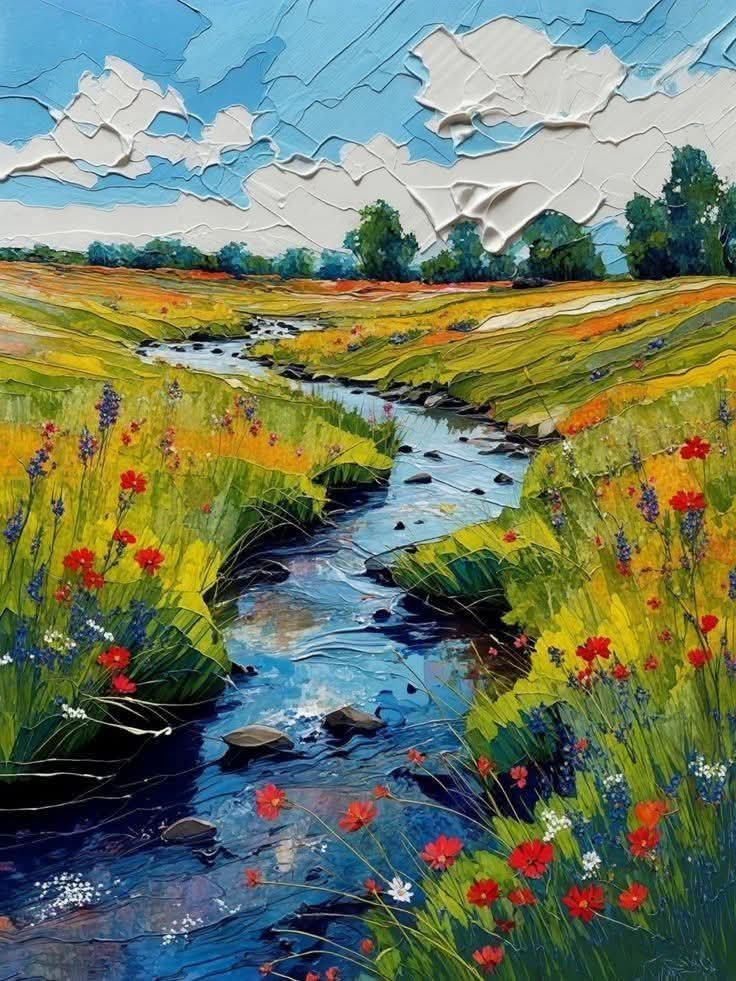Kashmir: From the Abode of Sages to a Land of Silent Cries
Long before it became a disputed headline, Kashmir was a dreamscape of divine serenity — a sacred cradle of learning, wisdom, and spiritual ascent. Ancient legends recount that it was the great Sage Kashyap Rishi who first made this lush valley habitable, draining its primordial waters and establishing it as a land where seekers and saints could thrive. It is from his name that Kashmir — Kashyap-mir — is believed to have derived its soul and spirit.
In its early days, Kashmir was nothing short of a living Veda. The valley echoed with the chants of mantras; the banks of its rivers saw dialogues on philosophy, Ayurveda, astronomy, and art. It was the home of towering sages — Abhinavagupta, the genius of Kashmir Shaivism; Vasugupta, who unearthed the mystical Shiva Sutras; Utpaladeva, the philosopher-poet; and countless anonymous saints who wove wisdom into the very winds of the valley. Ancient universities and temples bore witness to an intellectual and spiritual ferment unrivaled across the known world.
The Nilmata Purana, an ancient Sanskrit text, describes Kashmir as a divine playground of gods and seers, a land where even the mountains whispered secrets of the cosmos. Travelers and scholars from far and wide journeyed to Kashmir, not for conquest, but for enlightenment.
But time, that ruthless river, seldom flows untroubled.
Invasion after invasion — greed, bloodlust, and reckless ideologies — swept over the valley like dark monsoon clouds. Kings who once built libraries and temples were replaced by invaders who razed them to the ground. The soft murmur of the Jhelum was drowned by the clash of swords; the fields once adorned with saffron flowers were trampled under boots of tyranny. A reckless neighborhood, intoxicated with power and prejudice, sank deeper into a vortex of hatred, infecting Kashmir with the poison of terror and division.
Today, where sages once meditated under chinars, gun-wielding terrorists strut with hollow pride, chanting slogans of supremacy that neither heal nor inspire. What once was a place of sacred dialogue has become a graveyard of whispered fears.
I often wonder why does the tyrant first choose to destroy temples of learning. Nalanda was razed to ground, Kashmir was burnt.
As a nation we must ask ourselves why we allowed our libraries to be destroyed. The world has been envious of my nation's knowledge and it's scientific temper. Today we must stand firm to stall yet another attempt to instill fear and replace our very sense of being by hatred and fear.
Each Indian whether in uniform or not must resist this invasion. We must follow the advice of Krishna and stand up to fight.
Yet, in the rustle of the ancient trees, in the crystalline streams, in the silent prayers of the innocents, Kashmir still remembers. It remembers Kashyap Rishi. It remembers the rishis, the poets, the seekers.
And it hopes — battered but not broken — that one day, it shall again become the paradise of light, learning, and love that it was always meant to be.
It's time to regain what was always ours - our knowledge based way of life.









Comments
Post a Comment